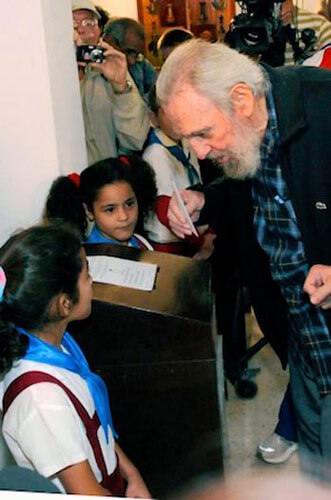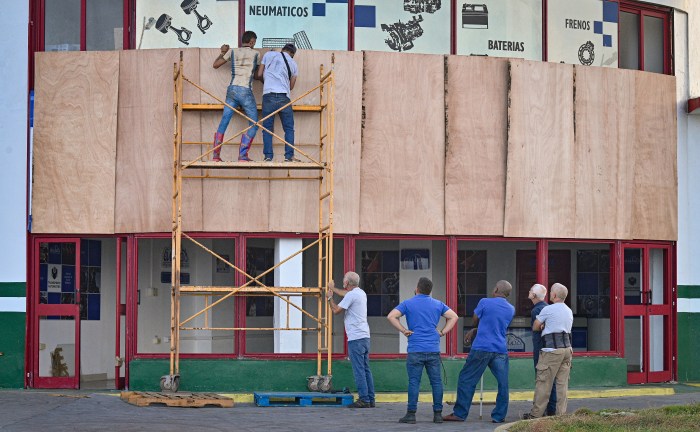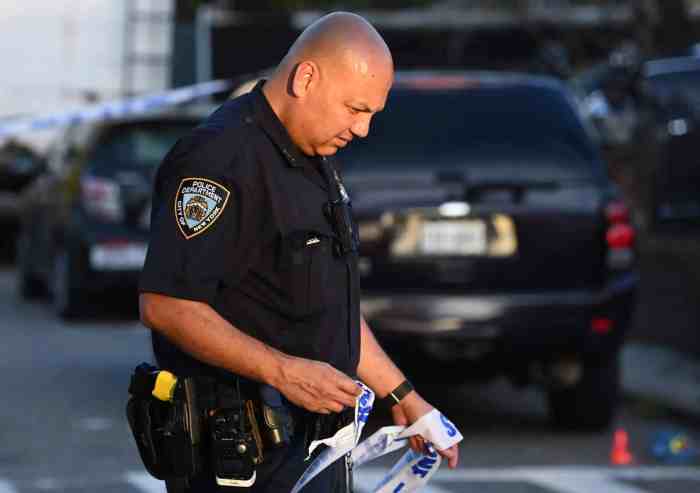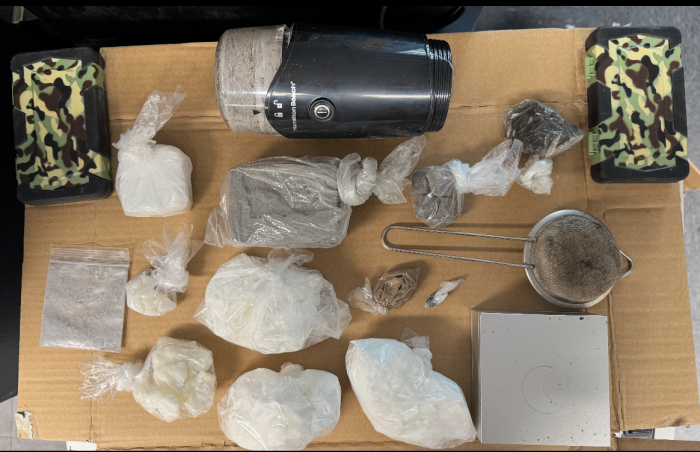HAVANA, Feb 6 2013 (IPS) – Among millions of people flocking to the polls in Cuba to vote in general elections was the unexpected figure of former president Fidel Castro, making a surprise public appearance in what was interpreted as a reaffirmation of his support for the government of his brother, President Raúl Castro.
“Nothing is fortuitous: Fidel is (showing) his support for updating the economic model and the transformations that derive from it,” an analyst who asked not to be identified told IPS.
Castro cast his ballot and talked to Cuban media Sunday at his polling station in the municipality of Plaza de la Revolución (Revolution Square) in the capital, Havana.
The former president said, “It is our duty to update the Cuban socialist model, modernise it, but without committing errors.” He also spoke about the health of Venezuelan President Hugo Chávez who is convalescing in Havana from a cancer operation, saying he receives daily information about Chávez’s health and adding that he is “much better”.
Fidel, Cuba’s historic leader, became seriously ill in 2006. In 2008, after his resignation, the National Assembly (the single-chamber parliament) elected Raúl Castro to be president of the 31-member Council of State, which according to the constitution “is the highest representative of the Cuban state”.
Since then, Fidel’s chair has remained vacant at parliamentary sessions. Sunday’s elections were called to renew provincial assemblies and the parliament, and the former president was among the candidates. “Fidel is already a member of parliament,” said the source, without further comment.
The unique Cuban electoral system calls for half of the 612 candidates to the same number of seats in the legislature to be selected by municipal assemblies, elected in November of the previous year. The other half are nominated by a candidacy commission made up of mass organisations.
Voting is direct, by secret ballot, and electors can vote for one, several or all the candidates in their electoral circuit, a territorial division of municipalities and the basis of the Cuban electoral system. The only electoral campaign advertising allowed in Cuba is the publication of candidates’ biographies.
Critics of the Cuban political system claim that for elections to be valid, opposition candidates should be allowed so that voters have real options. But the official response is that Cuban elections are more democratic because of the mass participation of citizens and the quality of the candidates.
The slate of 612 candidates represents the renewal of two-thirds of the current parliament. The average age among the candidates is 48; nearly 49 percent are women, 37 percent are Afro-descendants or of mixed ancestry, and around 83 percent have higher education.



















